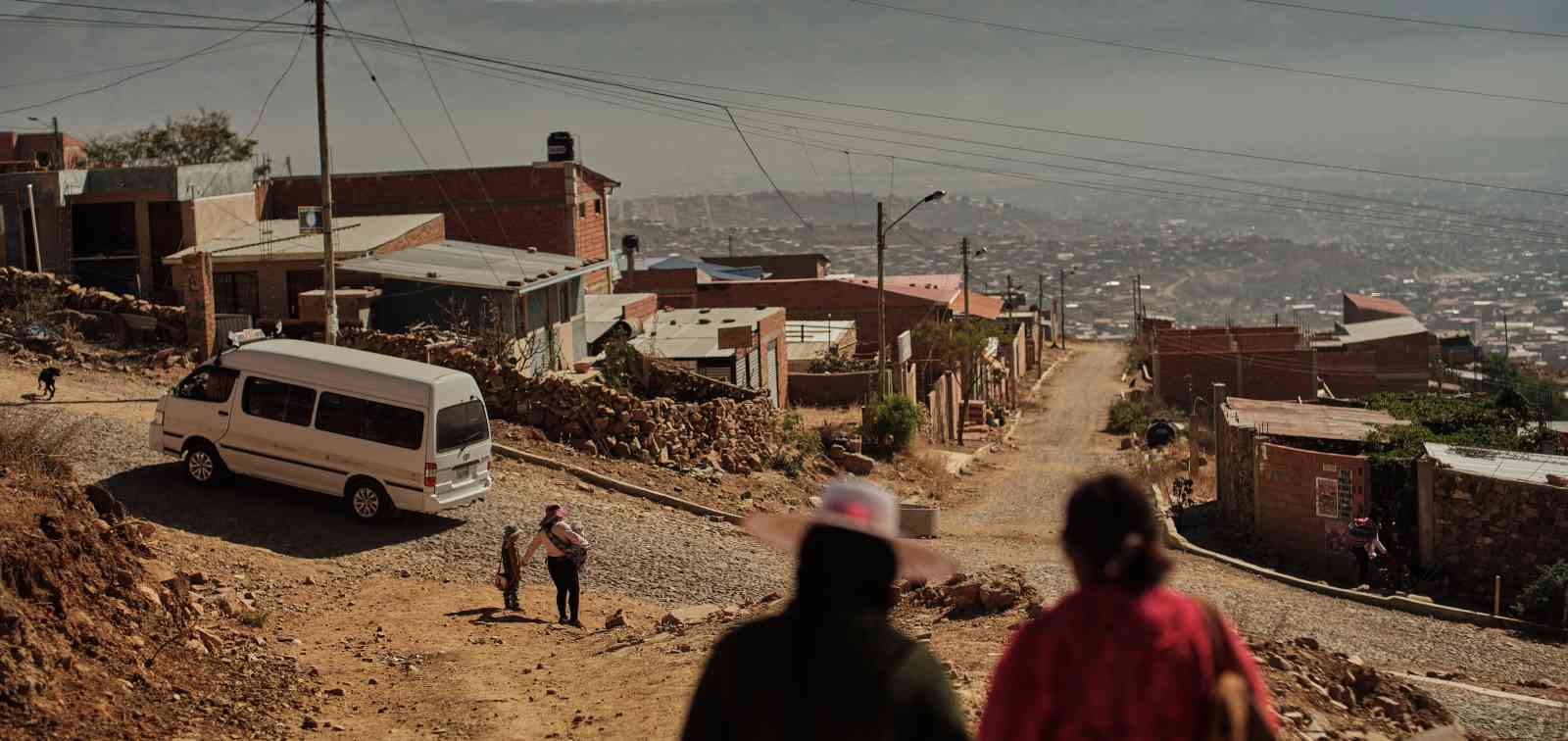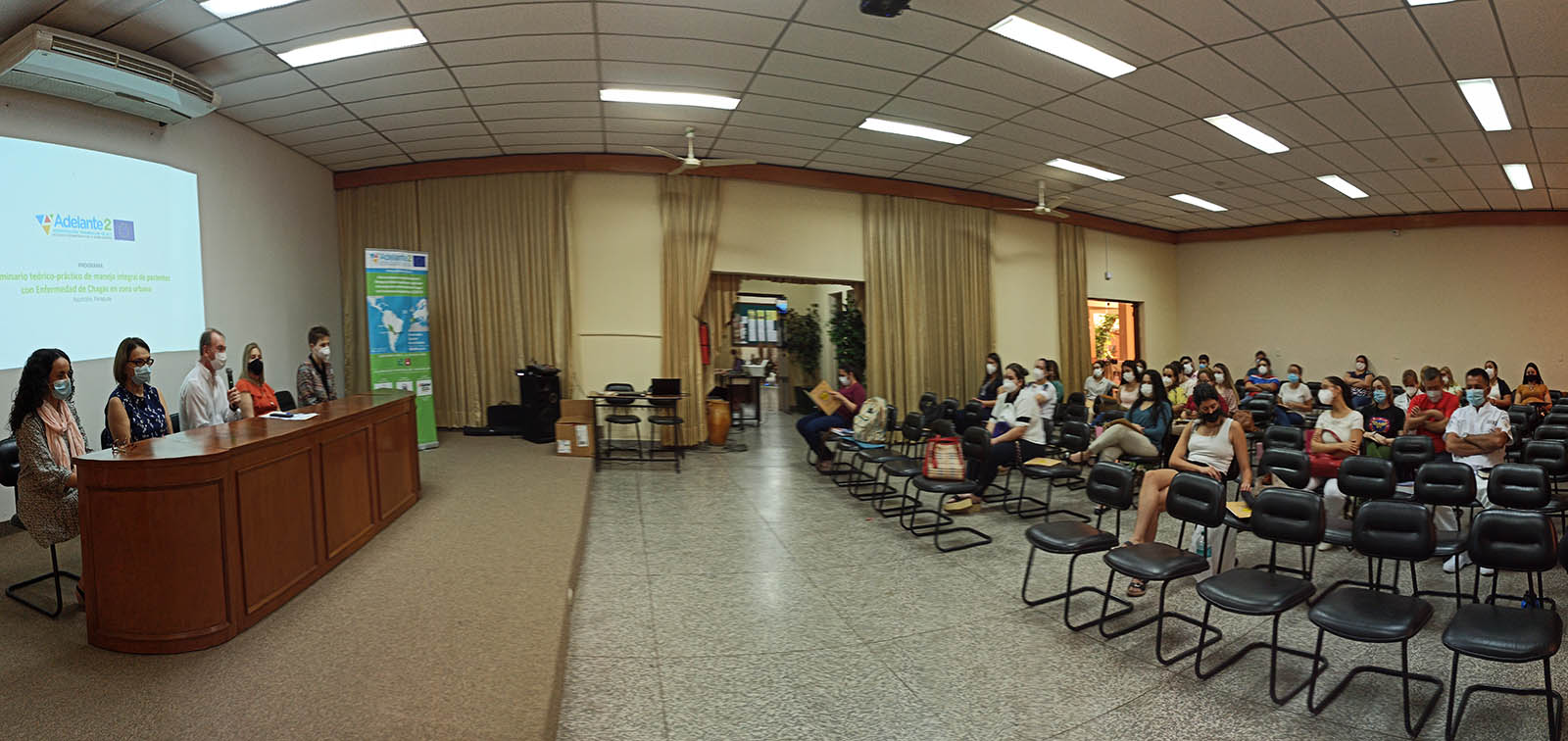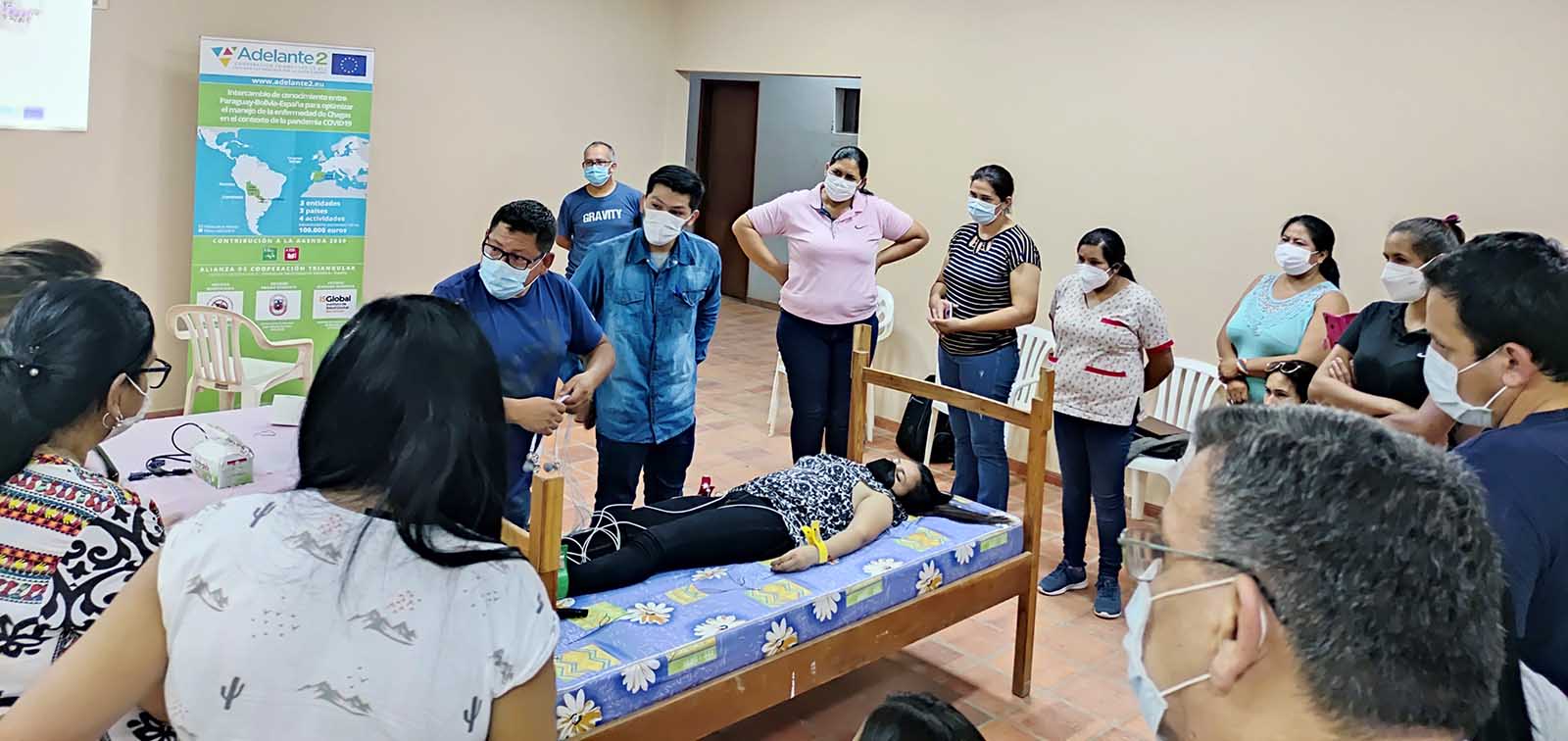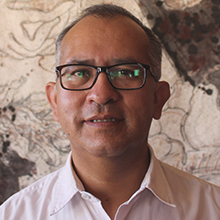Bolivia & Paraguay

Chagas disease is one of the main neglected diseases in Latin America, particularly in the Southern Cone, where it is highly prevalent and access to care services is difficult, as in Bolivia and Paraguay. The ISGlobal Chagas Initiative, together with several partners, is currently implementing the following projects in the region:
Cardiovascular care centre in Yacuiba, Bolivia
Cardiovascular disease is one of the leading causes of death in Bolivia, which has the highest prevalence of Chagas disease in the world. To strengthen the response to this problem, ISGlobal and Novartis, together with the Bolivian National Health System and the SANIT Foundation, have established a cardiovascular disease referral centre in the municipality of Yacuiba, Bolivia. The project aims to implement a protocolized model of comprehensive care for people affected by cardiovascular diseases, including Chagas, and to strengthen capacities according to an integrated management model. It also aims to support the management of health programmes in improving referral and counter-referral pathways between different levels of care, and to promote research capacity.
ChagasLamp. Research into new methods of maternal and infant diagnosis
In collaboration with an international consortium, ISGlobal has conducted research in Bolivia, Paraguay and Argentina to validate the use of new diagnostic methods that facilitate the detection of chronic infection and allow early detection of vertical transmission of the parasite in newborns. This research was carried out using the LAMP method, which is showing very encouraging results.
TESEO clinical trial for new treatment regimens
The TESEO clinical trial aims to evaluate alternative regimens of benznidazole and nifurtimox for the treatment of Chagas disease in adults, as well as potential biomarkers of therapeutic efficacy. This project is being carried out in partnership with the CEADES Foundation (Bolivia), the University of Texas El Paso (USA) and DNDi, and is funded by the US National Institutes of Health (NIH).
EULAC CLIMSOCTRYPBOL. Research on the impact of climate change on the vectors of Chagas disease and leishmaniasis.
In collaboration with colleagues from the University of Barcelona, the SANIT Foundation, the University of the Republic (Uruguay) and EGE Üniversitesi (Turkey), ISGlobal is participating in the EULAC CLIMSOCTRYPBOL project, which aims to understand the impact of climate change on the vector and reservoir populations of Chagas disease and leishmaniasis in the Bolivian Chaco.
Projects to strengthen public health in Paraguay
Since 2020, ISGlobal has been working with the Paraguayan authorities, supported by the Spanish Agency for International Cooperation (AECID), in the areas of research, knowledge sharing and access to care. In 2021, we participated in the development of the country's first guidelines for the management of Chagas disease, a fundamental tool to support the work of health workers in improving the control, diagnosis and treatment of the disease. In this context, co-creation activities were carried out to develop IEC materials with the community, as well as a population-based serological survey in a community in the Paraguayan Chaco, which showed a prevalence of 12%, compared to 2% in Asunción.
In addition, with the support of the PROBITAS Foundation and in collaboration with the Centro de Información y Recursos para el Desarrollo (CIRD) as a local partner, a project was developed for the period 2021-2023 to strengthen diagnostic capacity and access to diagnostics in two municipalities in the Paraguayan Chaco (Teniente Irala Fernández and Campo Aceval) through the improvement of laboratories, training of staff and work with the community. In 2022, we also coordinated a Triangular Cooperation project between Bolivia, Paraguay and Spain, which catalysed the exchange of knowledge between professionals trained by the Bolivian Chagas Platform and their Paraguayan counterparts through training activities and internships.









